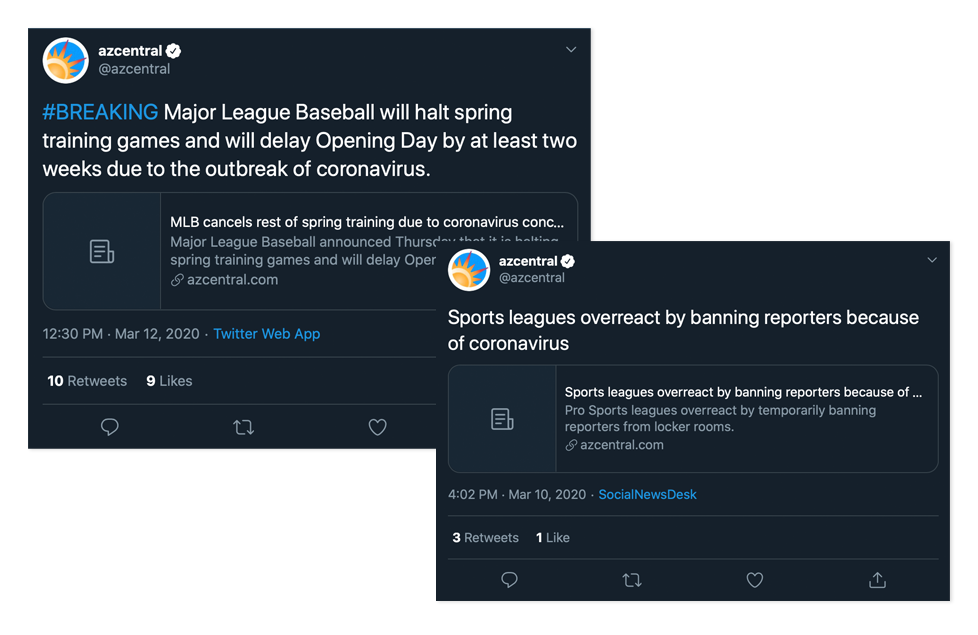Journalism 101
What’s the difference between a news story and an editorial?


You probably know that a news story is supposed to be an unbiased or neutral look at a topic, and that an editorial is commentary that expresses an opinion about the topic.

If you didn’t know that, don’t blame yourself. Journalists have not done a good job over the years of explaining how and why they do what they do.
Let’s look at some of the ways journalists work. We emphasize here that we’re talking about the ones who demonstrate the kind of integrity we hope for from everyone in the craft.
We are not talking about perfection. Journalists are human, like the rest of us. They are pressed for time. Their industry is in crisis financially. They make mistakes, as do we all. But the good journalists have some things in common.
Even though you aren’t a journalist, we believe these principles — call them Journalism 101 — are important for all media creators to understand, and, ideally, to practice. They are:
The more you know about something, the more likely you are to do a good job in explaining it to others. Most journalists work hard to know a lot about the topics they cover.
In journalism and social media, saying things based on too little information is often little more than gossip. In an era when gossip can be deeply harmful, we should have higher goals.
Get it right. Period. Easy, eh? Well, not always. Sometimes we see things that look or sound credible, and pass them along. Journalists do this, too.
We should explain how we know what we know. We should not cite people who have a record of lying. Oh, and don’t misspell someone’s name (it happens to Dan, whose last name has an unusual spelling, all the time; sigh).
This is a little squishier than being thorough and accurate, but it’s just as important. Fairness is essential in journalism and everything else. If you can’t understand someone else’s point of view — assuming they’re not making things up to support it — then you aren’t trying hard enough to understand.
Civility is part of fairness. We’ll talk more about it in the section on social media. Suffice it to say for now that we have one rule when it comes to online conversation: Be civil, or go away.
This is similar to the principle of opening your mind, from Part Two. It can cover many habits, but independence of thought may be the most important. Media creators, not just consumers, need to venture beyond their personal comfort zones.
Independent thinking has many facets. Listening, of course, is the best way to start. But you can and should relentlessly question your own conclusions after listening. It’s not enough to incorporate the views of opponents into what you think and post online; if what they tell you is persuasive, you have to consider shifting your conclusion, too.
The first four of these principles for creators are obvious to all journalists who have integrity. But being transparent has not been a common trait. We’ve been working at the ASU News Co/Lab to make it a more common practice in media circles, because we believe journalists can serve their communities far better when they explain who they are; how they do journalism; why they do it in the case of specific stories; and much more.
When we said, “Be accurate,” we knew that journalists — and the rest of us — will make mistakes. What we do next is vital. If we correct our mistake as publicly as we made it, and explain how it happened, that’s an excellent form of transparency.
You’ll notice that we don’t list “objectivity” as a principle for creators of journalism. It’s an ideal rather than a principle, and it’s impossible to achieve — no human being is or can be truly objective. Author and internet researcher (and a friend of Dan) David Weinberger calls transparency “the new objectivity,” but we believe all of the principles in this list help us approach the ideal of objectivity.
Once, Dan told the story of a social media error in a series of tweets (also note the reference to being skeptical!). It went like this:

